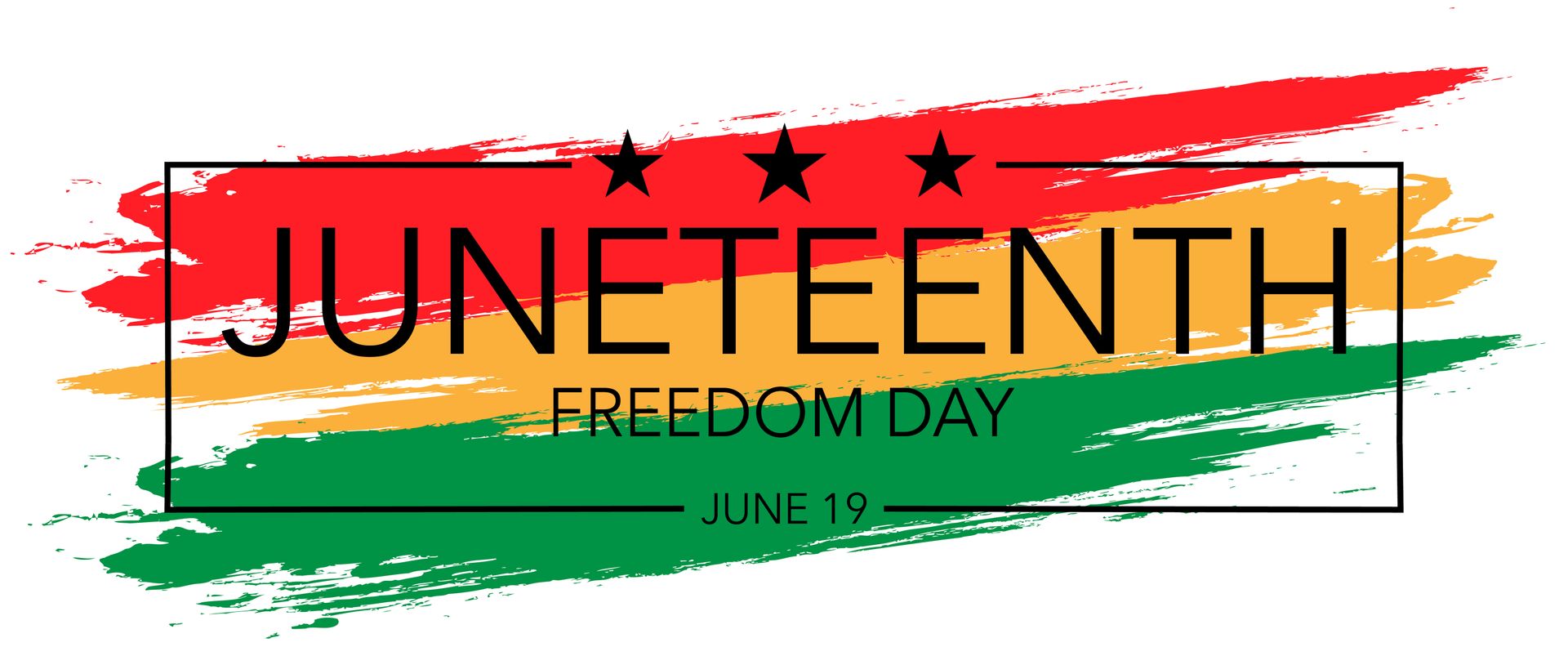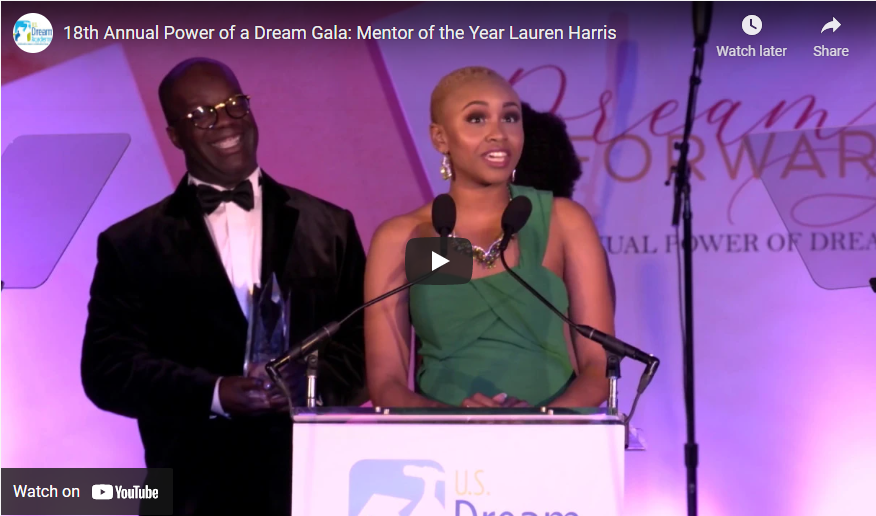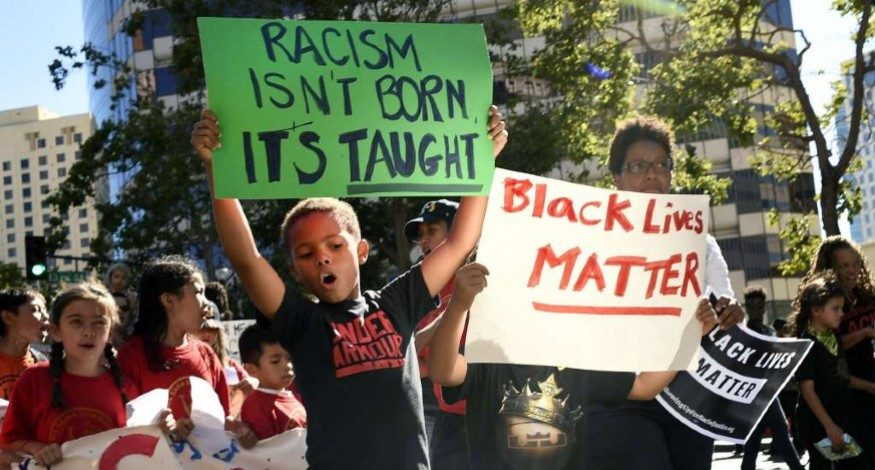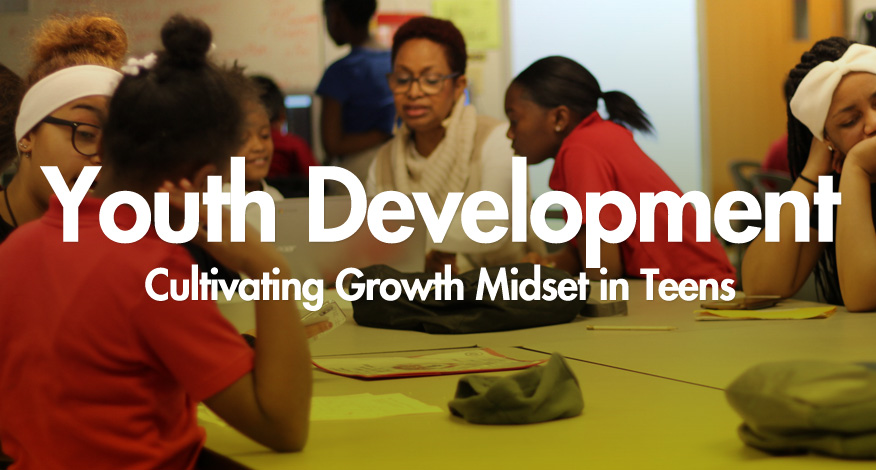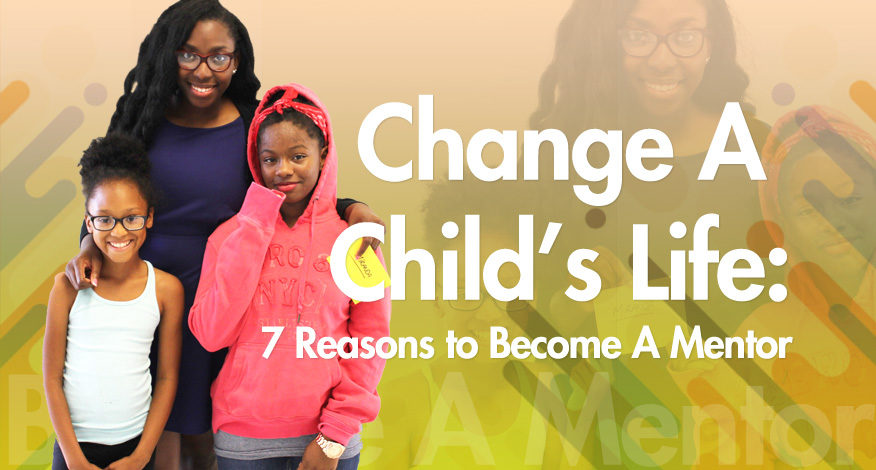JUNETEENTH: A CELEBRATION OF FREEDOM
While Juneteenth is the day signifying “freedom” for African Americans due to the legal abolition of slavery, true freedom for African Americans has never been fully realized in this country. If the last three weeks has shown us anything, it is that freedom is indeed worth fighting for. Similar to 155 years ago when our country was in great turmoil and divided over the fate of the Union and ending slavery, our county is currently in great turmoil and is divided about the state of our Union and achieving equality for African Americans. We are in a struggle for how all Americans, regardless of race, can truly live free in these United States – free from discrimination, violence, trauma, and economic deprivation.
Celebrating & Sharing Juneteenth History
As for today, African Americans once again celebrate the victories, the progress, the resistance, the beauty, the joys, the music, the resilience, the culture, and our history in America!
In celebrating, I think it is always important for us to continue to share this history with people who are new to learning about Juneteenth and those who have always celebrated it. Each time we revisit the facts and the stories of our history, laid up against the context of our current crisis, I think we learn and relearn in new ways.
For this article, I asked my sister Barbara Wallace, Ph.D. (African American History) to provide a capsule history of Juneteenth, which I’m hopeful you will share with your family and friends. I encourage you to strike up a conversation with someone you know who has never heard of or celebrated Juneteenth. This is certainly a day that all Americans should understand and be proud to celebrate as a step in the expansion of liberty.
Celebrating & Sharing Juneteenth History
1865: Enforcement of Freedom for Slaves in Texas
When the Emancipation Proclamation went into effect on January 1, 1863, it promised freedom to the over 3.5 million African Americans enslaved in Confederate states. The Proclamation, however, was not enforceable until those Confederate states came under Union control. As the Union Army marched across the South, many slave owners fled with their slaves to Texas to maintain their slaveholding status. By 1865, the enslaved population in Texas had increased by nearly 100,000, bringing their total to 250,000; purported to be one of the largest at that time since many of the other slave-holding states had already been emancipated.
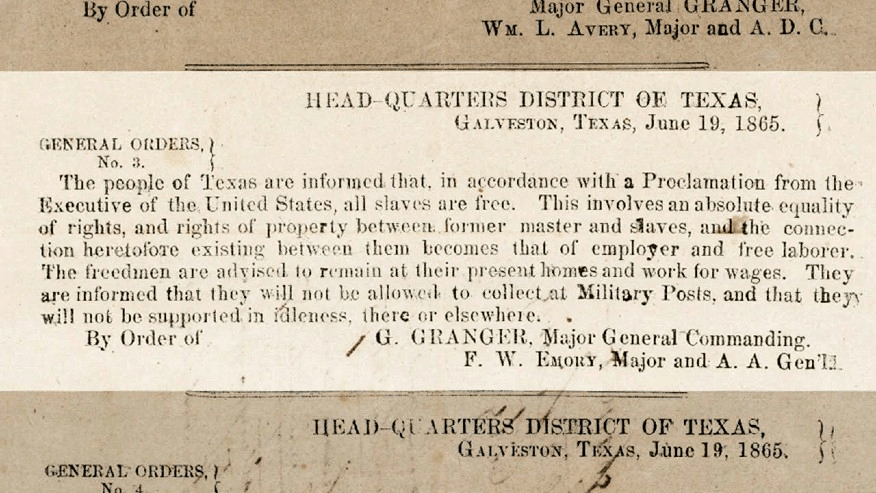
Many enslaved African Americans in 1865 had heard rumors of the 1863 Emancipation Proclamation, but without Union enforcement, the Proclamation was merely a promise on a piece of parchment paper. That promise and enforcement became real when General Gordon Granger arrived in Galveston with nearly 2,000 Union troops on June 18, 1865. On the following day, June 19, from the balcony of the Ashton Villa, Granger read “General Order #3” that “officially” ended slavery in the area. It would be another six months before the Thirteenth Amendment, which ended slavery throughout the entire country, would be ratified on December 6, 1865.
1866: The First Celebration of Jubilee Day (Juneteenth)
On the anniversary of Granger’s announcement, formerly enslaved African Americans in Texas celebrated “Jubilee Day” on June 19, 1866, to mark their free status. The day was also called “Freedom Day” and “Liberation Day” at times before “Juneteenth” (the combination of June and 19th) took root. The celebrations typically included food, music, games, lectures and information about their new rights. Celebrants took pride in this day and made a point of dressing up in their best clothes to mark the importance of the occasion.
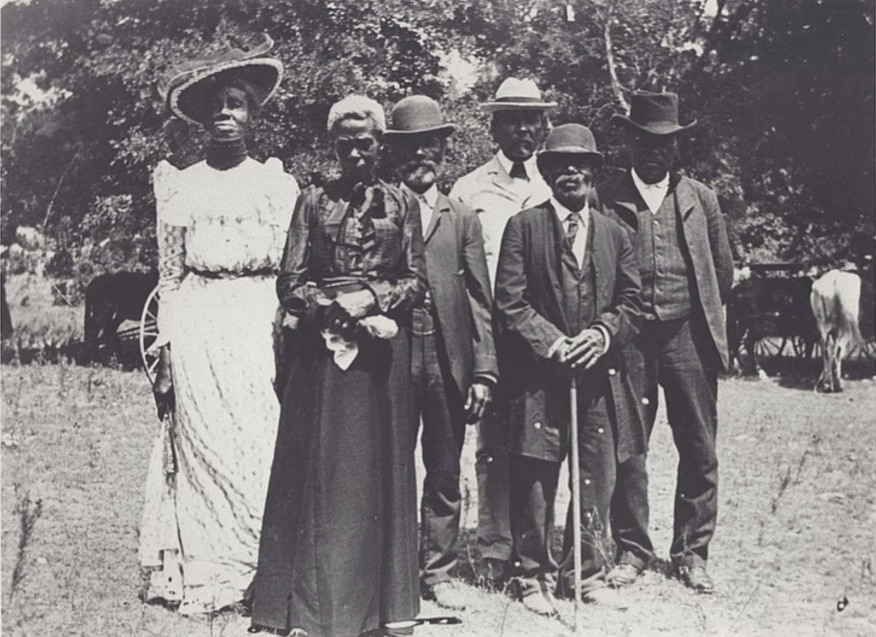
Juneteenth Emancipation Day Celebration in Texas, June 19, 1900 MRS. CHARLES STEPHENSON (GRACE MURRAY)
In areas where African Americans were later banned from public places due to the imposition of Jim Crow segregation, they gathered near churches, lakes or rivers. In some cities, they even bought land of their own on which to celebrate – Houston’s 10-acre Emancipation Park started this way in 1872, led by Reverend Jack Yates.
The Expansion of Juneteeth
In 1870, the ratification of the 15th Amendment to the U.S. Constitution granted voting rights to Black men. With these new rights, many Juneteenth celebrations then began to include political rallies that encouraged voter registration and participation in local political life. As states began to impose voter restriction laws and outright violence that suppressed African American votes, the celebrations were maintained with some difficulty but remained focused on honoring past achievements while working towards regaining freedoms lost. As many African Americans fled the South during the Great Migration, they spread Juneteenth celebrations to cities across the nation. Texas recognized Juneteenth as an official state holiday in 1980, and today 47 states offer varying commemoration of this significant day in history. In 2000, an official flag was even designed to commemorate the day.
JUNETEENTH 2020: CELEBRATION & ACTIVISM
In the past few weeks, widespread activism focused on equality has put Juneteenth into the spotlight. Virginia and New York announced that Juneteenth will be a paid holiday for state employees, and several companies adopted the same policy. Core supporters have long advocated for Juneteenth to be a national holiday, and this discussion has emerged now at a national level.
In the spirit of Juneteenth to celebrate freedom and civic engagement, take some time today to learn more about who will be on your full voting ballot during this election season. Your local elections include voting for judges, sheriff, district attorney or state’s attorney, mayor or county executive, school board members. All of these people, in elected positions, are making critical decisions about law enforcement in your community — how prosecutions are handled, how long someone will stay in prison, the criteria to be released on probation, along with decisions about educational resources for students to have access to technology during critical times like the current pandemic.
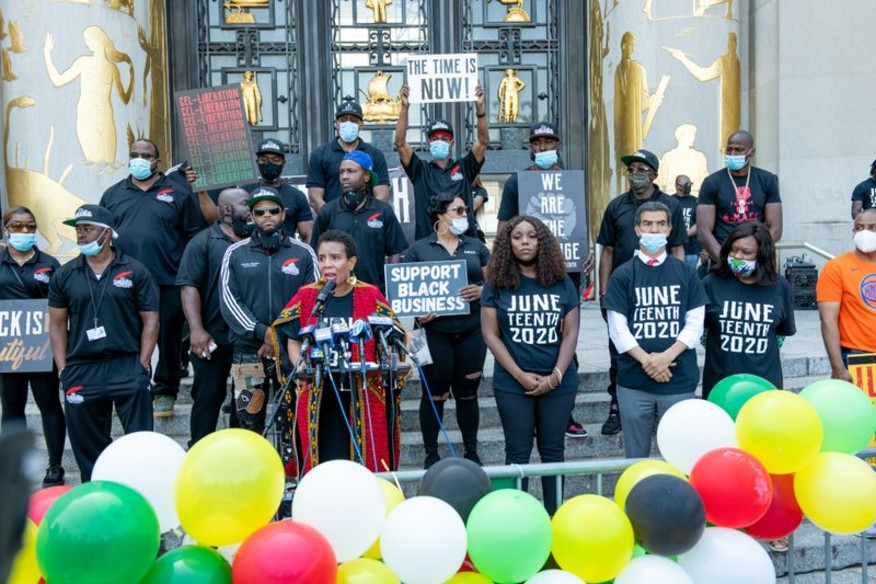
JUNETEENTH 2020: Demonstrators joined community activists and elected officials at Grand Army Plaza in Brooklyn on Friday. (Credit:Theodore Parisiennes)
Get to know and understand what values the candidates stand for – beyond just their party affiliation. You may be surprised to learn that some in your same political party may not share all of the same values. It’s also very important to make sure you understand how voting will occur in your jurisdiction this year (mail-in, in-person, or possibly both options) as our nation continues to deal with the COVID-19 pandemic.
JUNETEENTH 2020: 5 THINGS YOU CAN DO
Let’s make Juneteenth a day of celebration of freedom and of active participation to ensure we, as Americans, preserve our hard-fought-for freedoms.
- Learn and share Juneteenth history and African American history in general with your family and friends
- Complete your 2020 Census Form and ask 3 people in your network if they have completed the Census. The Census determines how much federal funding will be allocated to your state and local jurisdiction. It’s not too late! – The form can be mailed (no postage needed) or you can simply complete the Census online
- Review your local candidates running for office and research their values and track record on racial injustice and other issues that are important to you
- Make a phone call and send an email to let the candidate know your expectation of them should you vote for them.
- Volunteer to become a mentor with the US Dream Academy and help a young person achieve his or her dreams

C. Diane Wallace Booker, Esq., is the Chief Strategy Officer, Executive Vice President and Founding Executive Director for the U.S. Dream Academy, a justice reform champion, attorney and seasoned non-profit executive. She led the national expansion and has refined a youth development model of skill building, character building and dream building that has successfully helped thousands of young people living in high risk neighborhoods to build positive dreams.
SHARE THIS ARTICLE
FOLLOW US FOR NEWS & UPDATES

